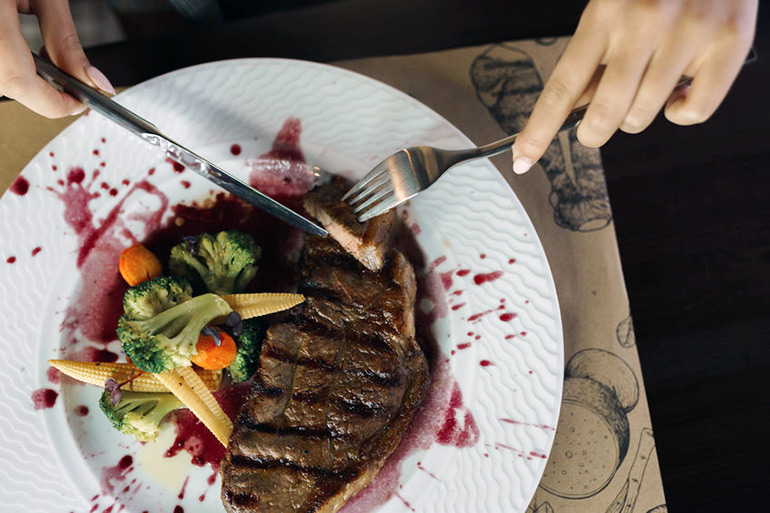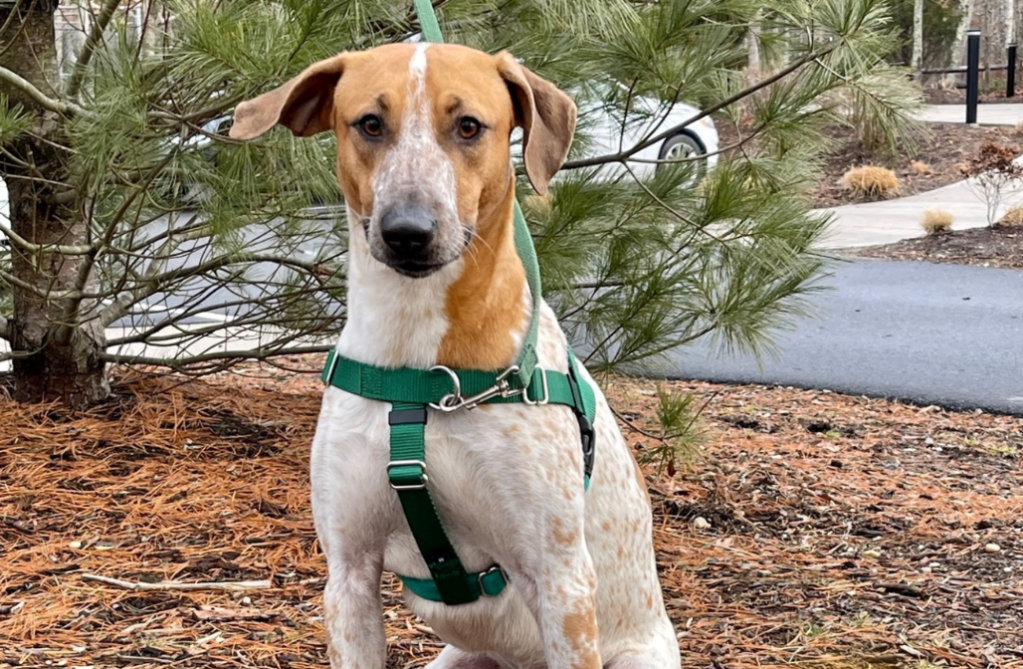Taste of the Highway: How to Harvest & Eat Roadkill Legally in NY State

Did you know it’s legal to harvest and eat roadkill in New York and about 20 other states?
Living in such an idyllic and glamorous place, there are certain things we don’t talk about. In the Hamptons, salvaging and eating roadkill is among them. Though it is rarely mentioned, I’ve heard apocryphal tales of Hamptons locals eating roadkill to save money and supplement their protein intake during the 2008 recession.
The reasons this exercise would be kept under wraps are twofold: embarrassment and the potential stigma associated with salvaging dead animals for personal consumption. But that may be changing.
Despite the economic rebound, some area residents have remained dedicated to the practice. The good news is that doing so is perfectly legal under certain circumstances.
According to my research, in New York State, depending upon the species, as long as a tag is issued, you may harvest a bear or deer that is killed in an accidental collision. (Sorry, folks, you can’t go hunting deer with your car.) And it doesn’t have to be your own collision as long as the other individual doesn’t want to harvest the carcass. A tag can be issued by a law enforcement officer.

Salvaging smaller mammals and non-migratory birds only requires a New York Department of Environmental Conservation (DEC)-issued permit.
As many as 20 states now permit some form of roadkill harvesting. And why not? With some 200 million cars and trucks hitting U.S. roads each day, it’s estimated by numerous credible groups and agencies, including the Humane Society of America, that about one million animals die in car accidents every 24 hours. This includes mammals, birds, reptiles and amphibians. Some estimates report that as many as 400 million animals die of car-related deaths annually.
An intrepid scavenger might keep a diary of Hamptons retrievals and favorite recipes. In one year, he or she might accumulate 47 squirrels, 14 opossums, 12 rabbits, 19 raccoons, 3 snakes, 2 deer and an unidentified bird carcass that looked like a crow. These finds could save a person more than $1,500 by not buying store-bought meat. That savings could then be better spent on a new custom surfboard or even a used car. After all, the roads are dangerous these days.

Social responsibility dictates that we stop letting these delicious animals go to waste by letting them simply rot on the roadway. Even PETA promotes harvesting roadkill, if people must eat meat. Perhaps we could encourage more salvage efforts if Dan’s hosted a Taste of the Highway event this summer, including local, chef-prepared roadkill?
If you wish to start salvaging local roadkill, visit the New York DEC website (dec.ny.gov) to learn the requisite regulations and processes.
Bon appetite!



